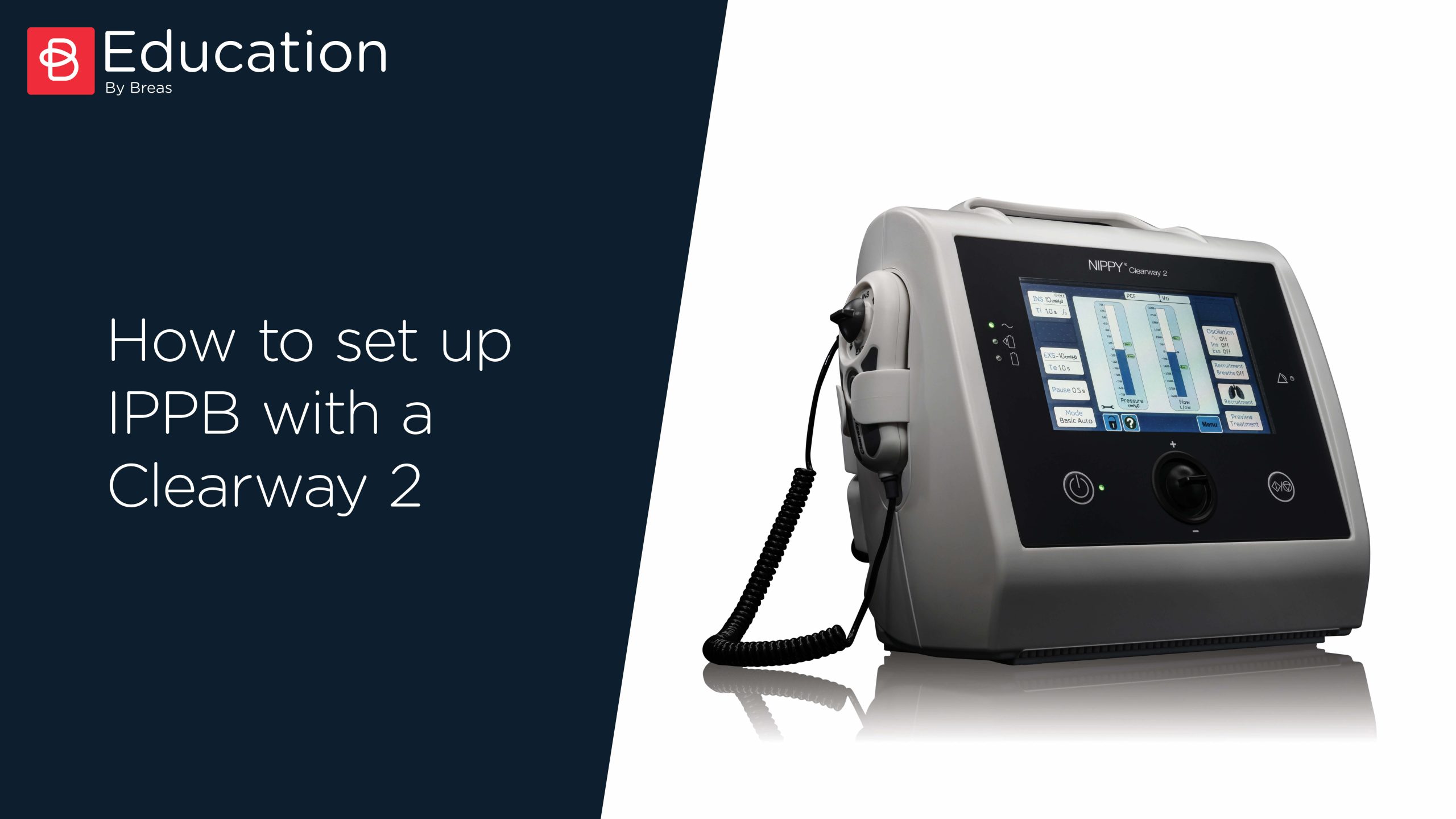Abstract
When the ability to cough is impaired, secretion clearance may be assisted and augmented by Mechanical Insufflation-Exsufflation (MI-E) treatment. In patients with Amyotrophic Lateral Sclerosis, the efficacy of MI-E may be hampered by counterproductive upper airway responses. Careful adjustment of MI-E settings can be beneficial. During the disease progression, a 41-year-old woman with bulbar Amyotrophic Lateral Sclerosis experienced that treatment with MI-E was exhausting and inefficient. Despite adjustments of settings, all treatment led to retching. A change of MI-E device led to more effective treatment. A bench test revealed variations in flow and pressure waveforms in the two devices. When MI-E treatment fails, differences in equipment delivery need to be considered in addition to the adjustment of MI-E settings.

















